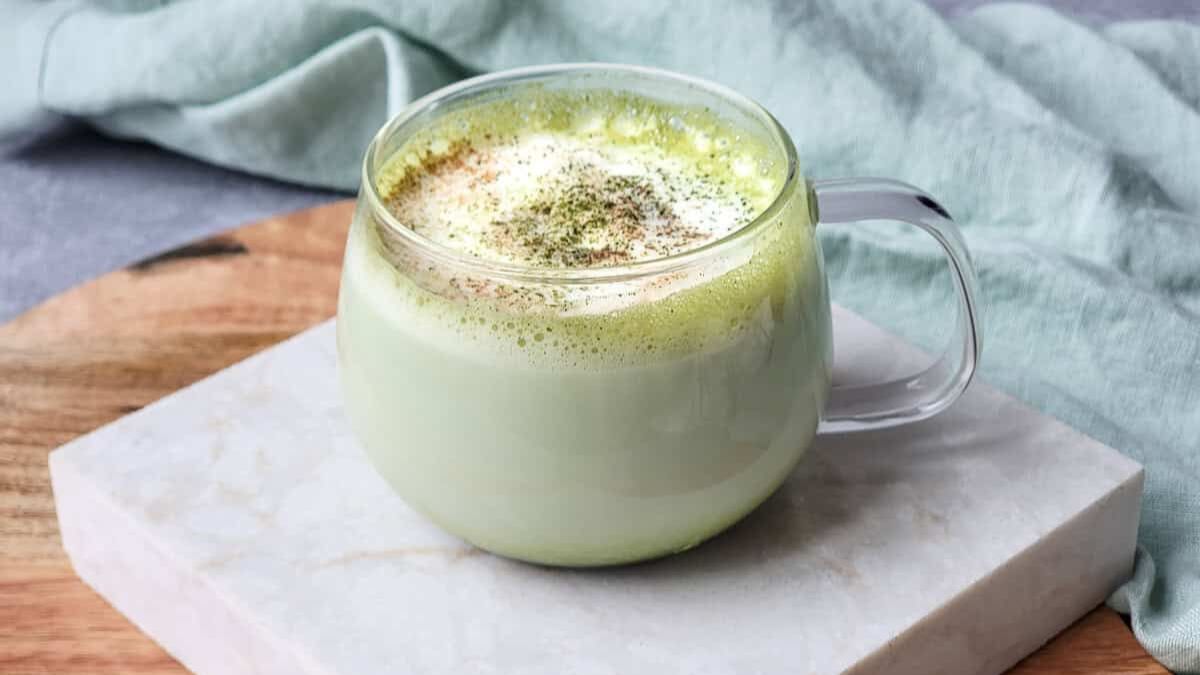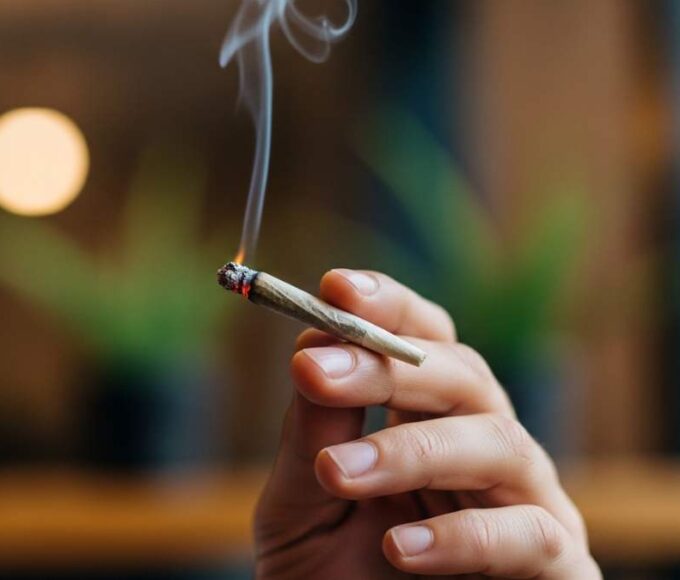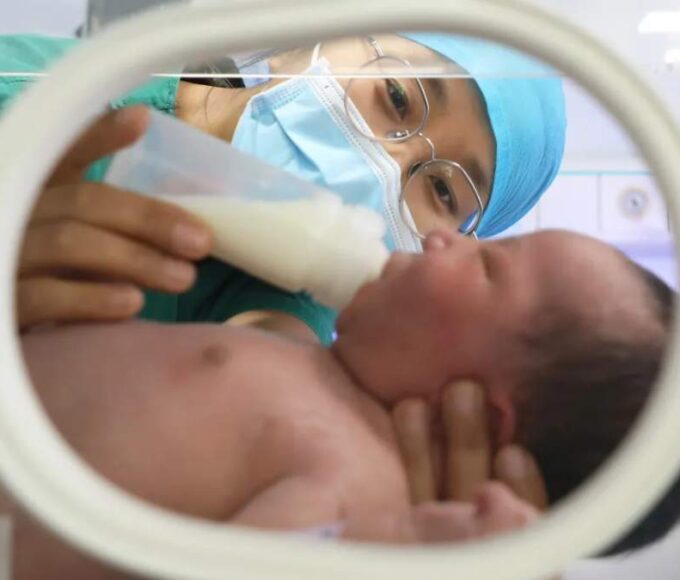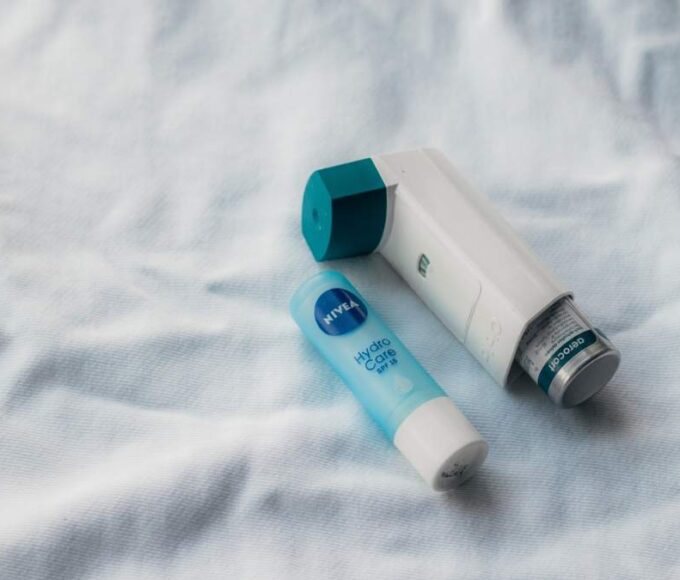Matcha tea has become a trendy favorite, especially among Gen Z, praised for its calming energy and antioxidant-rich profile. But according to a leading nutritionist, drinking too much matcha could come with an unexpected downside— it may interfere with your body’s ability to absorb iron.
Speaking to Vogue, nutritionist Farzanah Nasser explained that while matcha is packed with polyphenols, antioxidants, and calming catechins, its concentrated levels of tannins can block non-heme iron absorption. Non-heme iron is the type of iron found in plant-based foods, which makes this especially concerning for vegetarians and vegans.
“A single cup of matcha is roughly equivalent to three cups of green tea,” said Nasser, noting that its high tannin content binds with iron and reduces its availability to the body. This could become a serious issue for those who are anaemic or prone to low iron levels.
But this doesn’t mean you need to cut matcha out entirely. Nasser recommends pairing iron-rich meals with vitamin C—such as oranges, strawberries, or bell peppers—to help improve absorption. She also advises drinking matcha between meals rather than with them to avoid blocking iron uptake.
Finally, she reminds fans that matcha contains caffeine, which, when consumed in excess, can disturb sleep and increase anxiety.
The bottom line? Matcha can still be a healthy part of your routine, but moderation and mindful timing are key—especially if you’re managing iron deficiency.












Leave a comment